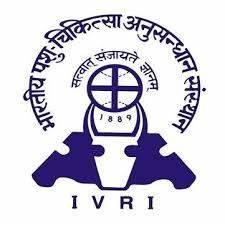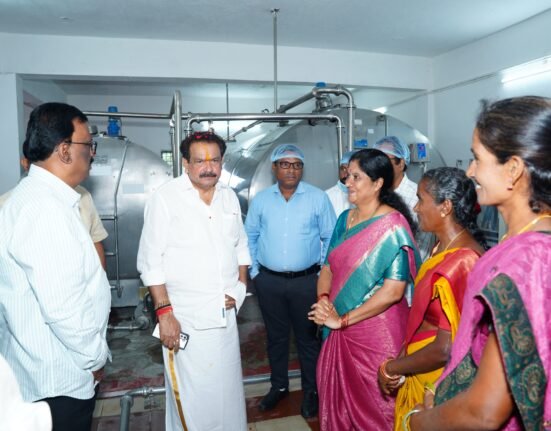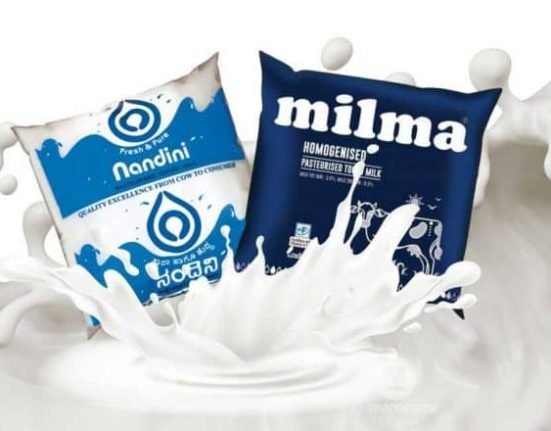Bareilly, May 2025 – As India inches closer to a national water emergency, a new study by the Indian Veterinary Research Institute (IVRI) highlights the dairy sector’s significant, yet often overlooked, contribution to groundwater depletion. The report underscores that India’s agriculture and livestock systems—particularly traditional dairy practices—consume nearly 70% of all extracted groundwater, making the sector a key target for urgent reform.
“Our findings show the dangerous imbalance in India’s water use patterns. While industries and homes consume a fraction, farming and dairying are drawing the bulk,” said Dr. Hariom Pandey, Senior Scientist, IVRI.
Dairy’s Hidden Water Footprint
The IVRI study reveals that producing just one litre of milk consumes approximately 850 litres of water, factoring in all stages of production:
- 91% for fodder cultivation
- 5% for animal bathing
- 2% for cleaning
- 0.5% at milk collection centres
This staggering figure places the dairy industry front and center in the national discourse on water conservation, especially as India continues to grow both in population and milk demand.
“The water footprint of livestock production is no longer a silent issue. It’s central to our groundwater crisis,” Dr. Pandey stressed.
Comparing Global Practices
In contrast to India’s flood irrigation and high-waste livestock systems, countries like Germany and the United States use:
- 59% of water in industry
- 30% in agriculture
- 11% in domestic use
These countries have embraced drip and sprinkler irrigation, advanced livestock hygiene technologies, and smart water recycling systems, significantly easing pressure on groundwater reserves.
“Indian farmers must shift from flood irrigation to precision practices. Water should be valued as highly as yield,” Dr. Pandey emphasized.
A Call to Action for Policymakers and the Dairy Sector
The study, published in partnership with Banaras Hindu University, concludes with a dire warning: only 0.5% of the world’s water is accessible for human and animal use, and without immediate intervention, even this will fall short.
IVRI Director Dr. Triveni Dutt called the research a “call to action”, recommending:
- Mandatory water audits in large dairy farms
- Incentives for water-efficient fodder crops
- National-level training programs for sustainable livestock management
- Increased collaboration between dairy cooperatives, policymakers, and scientists
“India’s dairy success story must now be retold with sustainability at its core,” Dr. Dutt urged.







